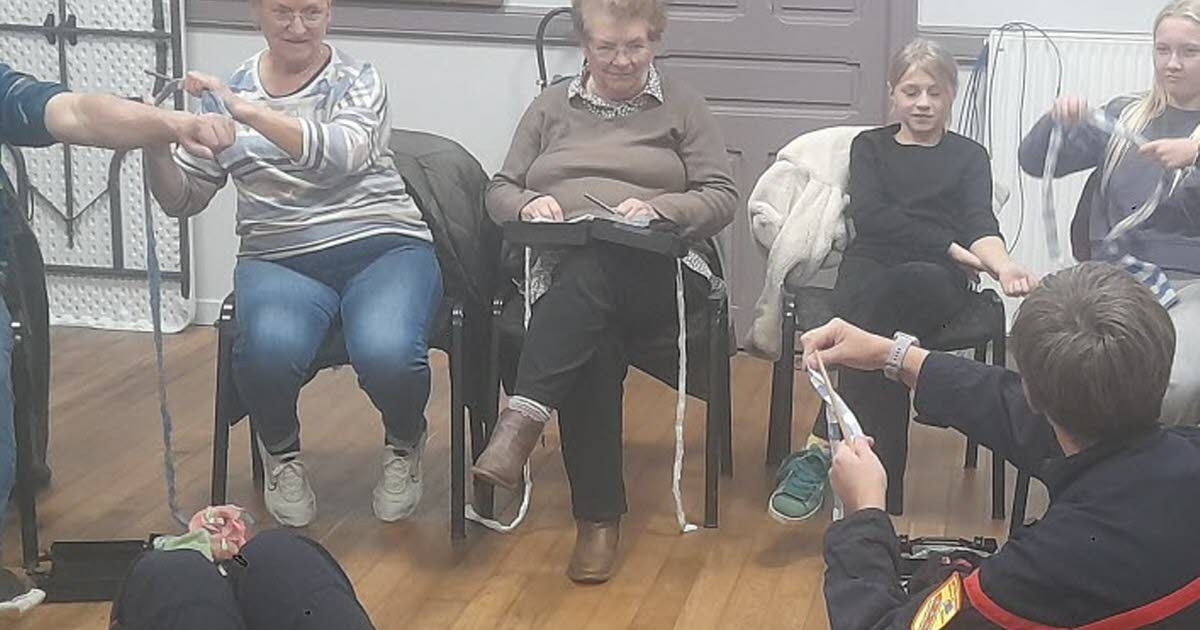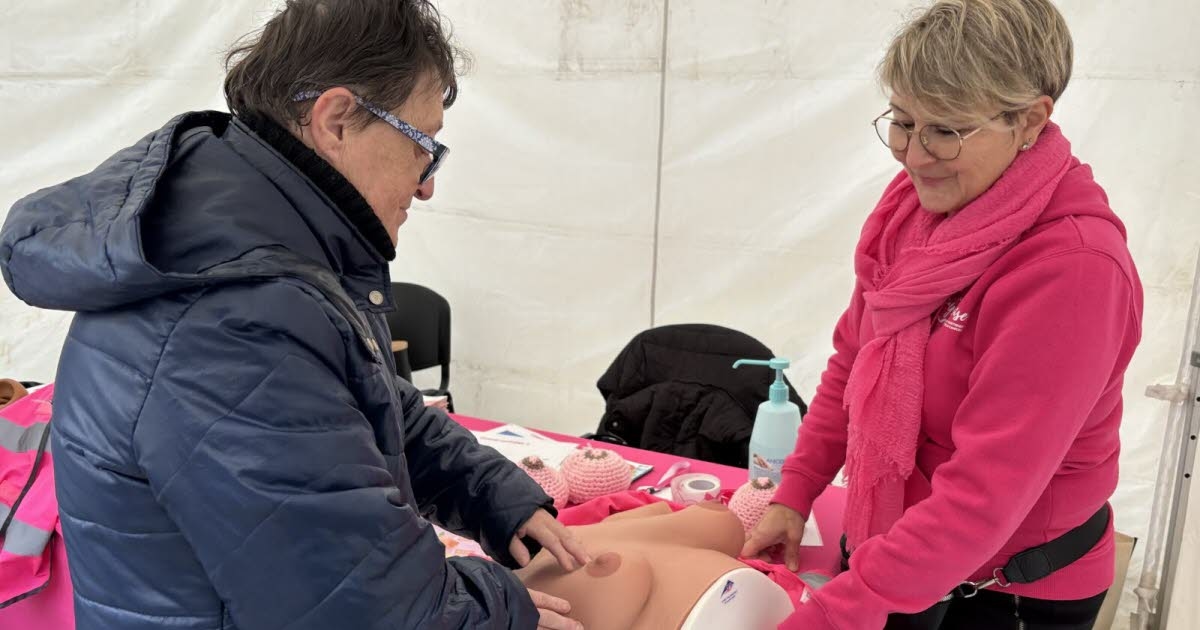"Protecting students:" the emergency department at Caen University Hospital is operating without interns due to a lack of supervisors.

The emergency department at Caen University Hospital will have to do without all its residents on Monday, November 3rd. The residents have raised concerns about their excessive workload and lack of supervisors. Nearly half of the attending physicians are unavailable to supervise and train the approximately twenty residents expected.
Mélanie Debarreix, president of the National Union of Interns (ISNI), sounded the alarm on RMC radio: "Interns were given responsibilities far too quickly. They had to manage too many patients, often alone... Naturally, with so few senior doctors, they didn't always have someone to turn to. With the anxiety of having done the wrong thing!"
Several young doctors have taken sick leave due to the pressure. The dean of the faculty has therefore resigned himself to suspending their internships. "I have to protect my students," he explains, "but I know the consequences for the hospital."
Officially, interns should not be essential to the functioning of hospital services. But in practice, they have become a vital link in the continuity of care.
According to the ISNI (National Union of Interns), they represent 40% of hospital medical staff and 70% of prescriptions in France. At the Caen University Hospital, 20 interns were scheduled to begin their rotations in the emergency department this Monday, a figure confirmed by the Normandy Regional Health Agency (ARS) to RMC . Their absence further strains a department already under considerable pressure.
The management of the University Hospital confirmed to RMC that only 15 full-time equivalent (FTE) doctors are currently working in the emergency department, whereas around forty are needed for normal operation. "This is more than insufficient," they acknowledged, describing the situation as "structural and national," linked to the hospital crisis.
"Several interns expressed their concerns at the start of the academic year. They were right to do so," the university hospital also explained. "The concerns focused on a lack of medical supervision, a direct consequence of the shortage of senior practitioners."
After several meetings between the university hospital, the faculty, and the president of the Medical Board, a consensus emerged: the conditions no longer allowed for satisfactory supervision. A new educational project is being developed, with the aim of reopening internships in 2026 under improved conditions.
Faced with this suspension and the medical shortage, the Regional Health Agency (ARS) has mobilized reinforcements to prevent the service from closing. François Mengin-Lecreulx, Director General of the ARS of Normandy, acknowledges a "difficult situation, which is generating significant concern within the institution," but assures that everything is being done to maintain operations.
"Specialists from the University Hospital will come to reinforce the service, as will emergency physicians from surrounding hospitals — Saint-Lô, Bayeux, Lisieux… Eleven practitioners have already declared themselves available to the ARS."
He added: "It would be presumptuous to say there is no risk, but it is not a solution being considered. The University Hospital, the reference hospital in the former Lower Normandy region, cannot close its emergency department. We are on a narrow razor's edge, but we have given ourselves every means to ensure that it does not happen."

The University Hospital asserts that it has been taking steps for the past year to sustainably increase staffing levels and improve working conditions. Additional medical personnel have been brought in, the 15 emergency call system (implemented in Calvados since July) allows patients to be directed to appropriate services, and the reception team of paramedics has been strengthened.
But the rebuilding will take time. "Our priority remains the strength and stability of the medical team," management emphasizes. "Rebuilding a team and restoring a stable work environment takes time. And not everything depends on the university hospital."
RMC





